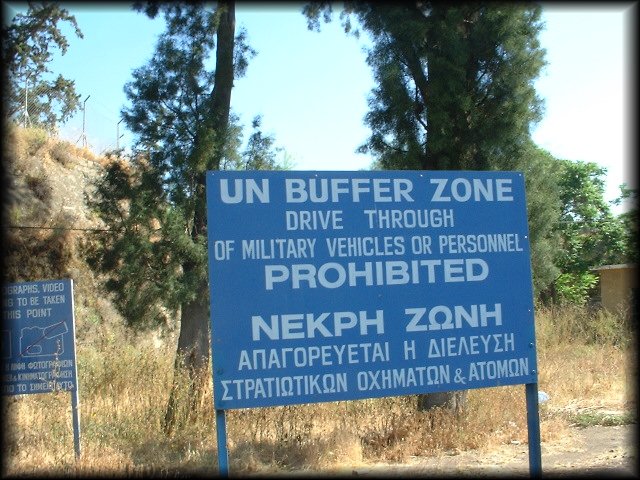 The fleet of ambulances have arrived in Athens with a rescue package but it remains to be seen if the patient can be revived. A combination of the EU and the IMF has agreed to provide a $146b bailout package to the new sick man of Europe. The EU will give Greece $106b and the IMF will give the rest. Finance ministers from the 16 countries of the euro zone endorsed the plan yesterday after the Greek government announced budget cuts and tax increases. The enormous package is Greece’s last chance saloon and may not stave of a default of its staggering sovereign debt. According to Greek Prime Minister George Papandreou the choice was "between collapse and salvation". (photo: AP)
The fleet of ambulances have arrived in Athens with a rescue package but it remains to be seen if the patient can be revived. A combination of the EU and the IMF has agreed to provide a $146b bailout package to the new sick man of Europe. The EU will give Greece $106b and the IMF will give the rest. Finance ministers from the 16 countries of the euro zone endorsed the plan yesterday after the Greek government announced budget cuts and tax increases. The enormous package is Greece’s last chance saloon and may not stave of a default of its staggering sovereign debt. According to Greek Prime Minister George Papandreou the choice was "between collapse and salvation". (photo: AP)In a joint statement, EU Economic and Monetary Affairs Commissioner Olli Rehn and IMF Managing Director Dominique Strauss-Kahn said they recognised the sacrifices that will have to be made by the Greek people, but they were necessary to rebuild the country’s shattered economy. “We believe that the program is the right thing to do to put the economy back on track. Importantly, the authorities have also designed their program with fairness in mind," they said. “The support from European countries, the European Commission and the European Central Bank, and the IMF demonstrates a very high level of external commitment.”
But that commitment is not totally in place yet. For the European countries, the package was as much self-serving as it was about helping a neighbour. The German Government was particularly reluctant to pitch in. As Europe’s largest economy, Germany is expected to provide the largest share of the bailout funding despite strong opposition. Germans are angry at Greece for manipulating its financial figures to join the euro zone in 2001 and living beyond its means ever since. The German Cabinet meets later today to discuss the aid and despite grumblings, officials expect parliamentary approval by the end of the week.
The euro had plunged as Greece's financial problems increased last week with Standard & Poor downgrading its bond debt to junk status. But in the wake of the rescue package the European Central Bank said today it would accept the country’s bonds as collateral for loans regardless of how they are rated by credit agencies. The ECB Governing Council has changed its tune since January and now says it will exempt Greece from the minimum-rating requirement until further notice. “The Governing Council has assessed the program and considers it to be appropriate,” the ECB said. “This positive assessment and the strong commitment of the Greek government to fully implement the program are the basis, also from a risk management perspective, for the suspension.”
The Greek austerity measures include a rise in Value Added Tax of 2 percent to 23 per cent, a 10 per cent jump in fuel and alcohol taxes and a further reduction in public sector salaries and pensions. George Papaconstantinou, the Greek finance minister said the cuts would save $40b over three years with the aim of cutting the deficit from 13 percent to less than 3 percent of output by 2014. Annual holiday bonuses have been capped and axed for higher earners and public sector salaries have been frozen until 2014. With the combined cuts amounting to a 10 percent pay cut for many Greek workers, the mood is angry on the streets of Athens and Thessaloniki with a third general strike in as many months due on Wednesday.
Many observers believe the rescue package will not be enough to save Greece. Some analysts have warned Greece had not yet solved its fundamental problems and the Socialist PASOK government may not have the political stomach to carry out the reforms. The sovereign debt crisis also looms over Spain and Portugal and market speculators are watching carefully what happens next. Some economists say debt restructuring should not be ruled out to reduce the overall debt burden on Greece’s economy, but the downside is it would also create the heavy risk of denying Greece access to credit markets. The New York Times quoted Barcelona based economist and Fistful of Euros blogger Edward Hugh who was pessimistic about the outcome. “The immediate impact may be soothing, but the inflammation will soon show up again,” said Hugh. “My feeling is the rot has now gone too far.















